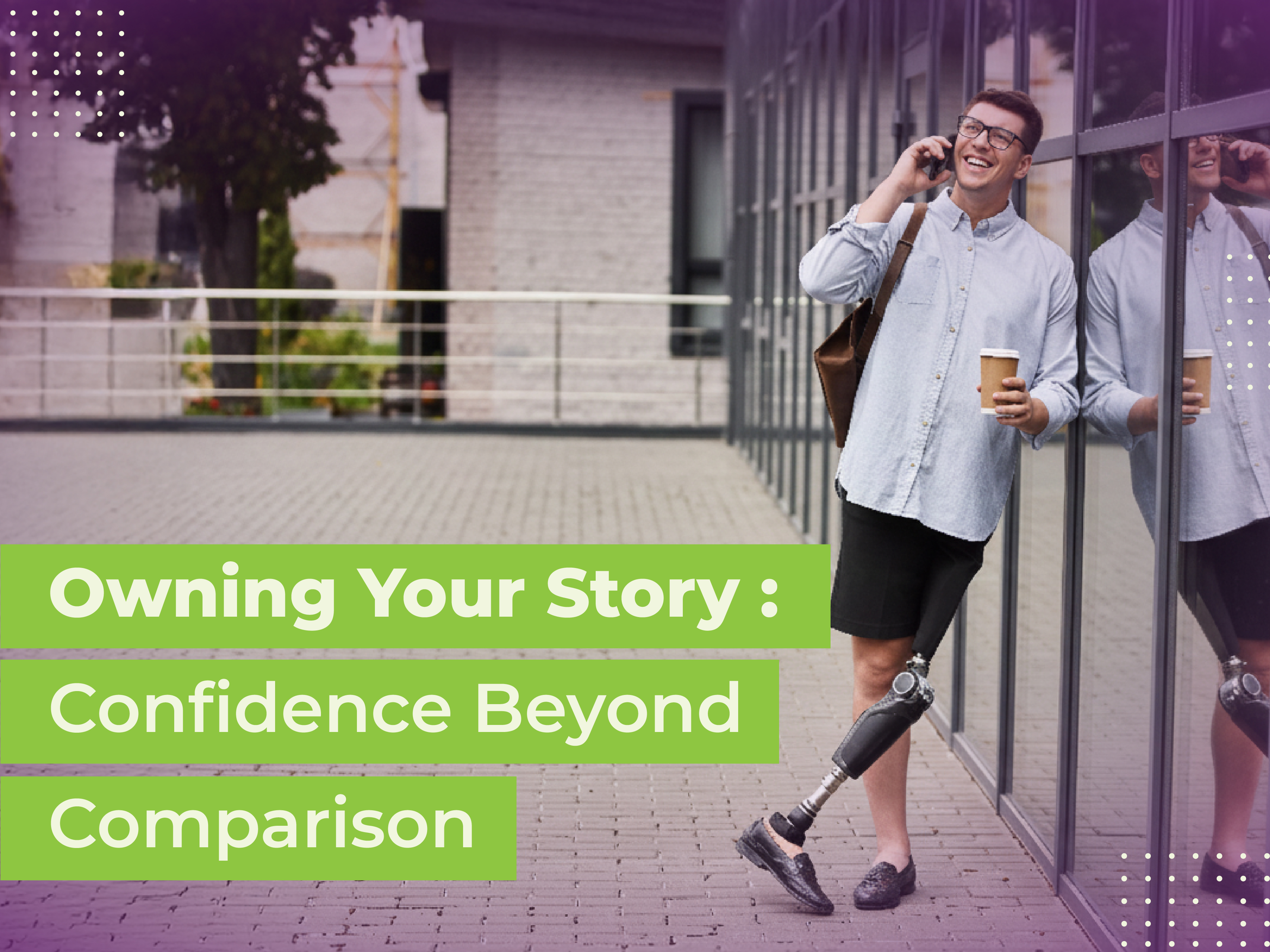A Glimpse into the Future: Trends Shaping Australian Disability Support Services

Introduction:
As we stand at the intersection of technological advancements, evolving societal expectations, and an increased emphasis on inclusivity, the landscape of Australian Disability Support Services is poised for transformative changes. Anticipating these future trends is crucial for professionals and individuals alike, fostering an environment that truly supports and empowers those with disabilities. In this exploration, we delve into the emerging trends that are set to shape the future of Disability Support in Australia.
Technological Integration
In the fast-paced world of technology, its integration into Disability Support Services is becoming increasingly prominent. From innovative assistive technologies to digital communication tools, the future of disability support will witness a seamless fusion of human touch and technological efficiency. Smart home devices, communication aids, and virtual assistance platforms are already making significant strides, enabling individuals with disabilities to lead more independent lives.
The use of artificial intelligence (AI) in disability support is on the horizon, with personalized care plans and predictive analytics playing a pivotal role. AI applications can analyze vast datasets to anticipate the unique needs of each individual, providing more proactive and tailored support. This technological evolution not only enhances the quality of services but also opens new avenues for career development for those interested in the intersection of technology and healthcare.
Person-Centered Approaches
The shift towards person-centered approaches is a fundamental change in the philosophy of disability support services. Instead of adopting a one-size-fits-all model, future services are expected to be highly individualized, recognizing the diverse needs, preferences, and aspirations of each person with a disability. This approach empowers individuals to actively participate in decisions related to their care, fostering a sense of autonomy and dignity.
Person-centered planning involves collaboration among individuals with disabilities, their families, support workers, and other professionals. This inclusive approach ensures that the support provided aligns with the individual's goals and aspirations, promoting a more fulfilling and meaningful life.
Emphasis on Mental Health Support
While physical disabilities have traditionally been the focal point of disability support services, there is a growing recognition of the importance of mental health support. The future of disability support in Australia will see an increased emphasis on addressing the mental health needs of individuals with disabilities, acknowledging the interconnected nature of physical and mental well-being.
This shift involves not only providing access to mental health services but also creating an inclusive and supportive environment that nurtures emotional well-being. Disability Support Workers will likely receive specialized training in mental health support, equipping them with the skills to address the unique challenges faced by individuals with both physical and mental health conditions.
Greater Community Inclusion
The future of disability support services will witness a departure from the isolated care model towards a more integrated and community-focused approach. The aim is to create an inclusive society where individuals with disabilities are active participants in their communities, enjoying equal opportunities and social connections.
Community-based programs, educational initiatives, and workplace inclusion efforts will become integral components of disability support services. By fostering a sense of belonging and acceptance, these initiatives aim to break down societal barriers and create a more inclusive environment for individuals with disabilities.
Professional Development and Recognition
As the demand for Disability Support Workers continues to rise, there will be a parallel emphasis on professional development and recognition. Future trends suggest that the role of Disability Support Workers will be increasingly valued, with ongoing training opportunities, career advancement pathways, and formal recognition of the crucial role they play in enhancing the lives of individuals with disabilities.
This recognition is not only essential for retaining experienced professionals but also for attracting new talent to the field. A well-trained and motivated workforce is vital for delivering high-quality disability support services that meet the evolving needs of the community.
Conclusion
As we look ahead to the future of Disability Support Services in Australia, the trends outlined above point towards a more inclusive, technologically advanced, and person-centered approach. Embracing these developments requires a collective commitment from individuals, communities, and the disability support sector. By staying informed, fostering innovation, and advocating for positive change, we can collectively contribute to a future where individuals with disabilities are not only supported but also empowered to lead fulfilling lives on their own terms. The journey towards a more inclusive society begins with anticipating and embracing the future trends that will shape the landscape of Australian Disability Support Services.
.svg)

